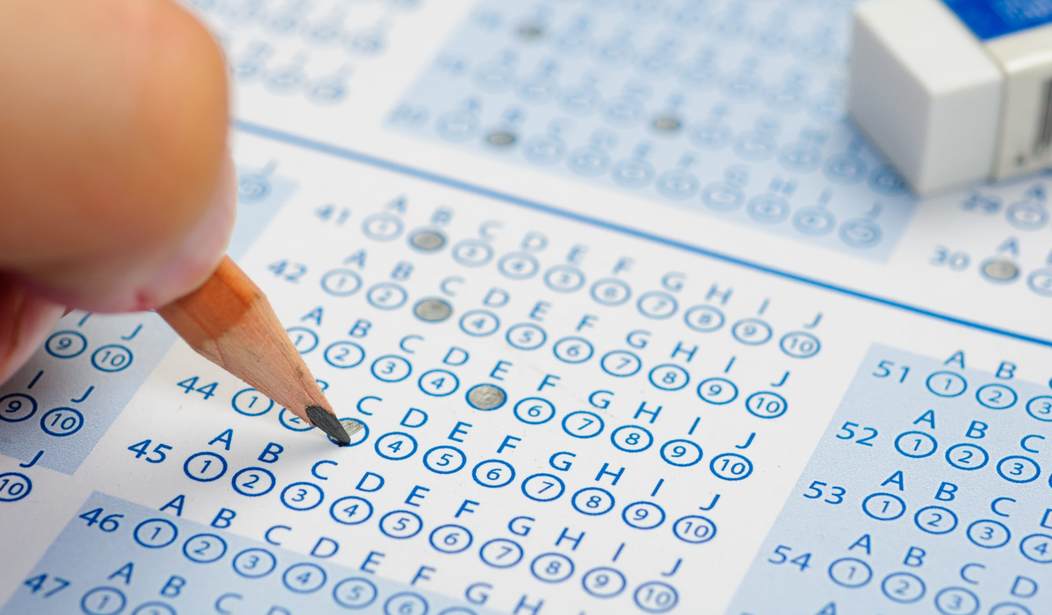As a former teacher, I’ve seen more than my fair share of standardized tests. So I can tell you with authority that if you’re looking for a method to determine a student’s ability to learn by rote, a standardized test will get the job done. But, of course, there’s so much more to a person than his ability to take a test, which is why tests like the SAT and ACT are only one part of a student’s college application. At least, that’s our mentality here in the West. In China, where society itself is much more standardized, the test is all there is.
In a recent article in The Guardian called “Is China’s gaokao the world’s toughest school exam?” Alec Ash details the exam all Chinese high school students must take, the outcome of which determines the entire future of their lives.
The test is 12 hours long and is mostly multiple choice. Students are tested on “Chinese, English, maths and a choice of either sciences (biology, chemistry, physics) or humanities (geography, history, politics).” There is an essay component, but the questions seem, at least to us here in the West, bizarre. According to The Guardian, last year’s prompts included “Do butterfly wings have colours?” and “Who do you admire the most? A biotechnology researcher, a welding engineering technician or a photographer?”
Upon completing the exam, students in China receive a three-digit score. And the score, according to The Guardian article, determines “life opportunities and earning potential.” It is the sole factor, it seems, in determining which college a student will go to, which job he will obtain, and even whom he will marry.
To us, here in the West, this probably sounds nuts. The idea of someone’s entire future resting on one exam is hard to stomach. What if he was having a bad day that day? What if he caught a bad break and had studied everything but the question that ended up on the test? What if he had a headache, or forgot his glasses, or was just too nervous to concentrate? I mean, come on, these are kids we’re talking about!
But perhaps the most compelling criticism of the exam, to us here in the U.S., is what it doesn’t test for. While a student’s three-digit gaokao score may, arguably, represent his academic prowess in the subjects tested, it certainly says nothing about him as an individual. Perhaps he is excellent at sports, a virtuoso on the piano, a humanitarian, or an entrepreneur. None of this would matter, it seems, under China’s system.
But, according to Ash, unlike standardized tests here in the U.S., “The gaokao is emblematic of the Chinese education system as a whole.” The heavy reliance on a standardized test to determine the future of its citizens, by nature standardizes society into rigid roles. So, assuming that this type of society is preferred by its citizens, the gaokao actually makes sense.
Here in the U.S. things are a bit messier. We believe in a more well-rounded education, designed to nurture and draw out a person’s individuality and talents. There is no standardized test capable of determining a student’s ability to, say, put together a battery using nothing but the contents of his mother’s junk drawer, or make an impassioned speech, or create a breakthrough computer program.
This is why a college application, for example, includes not only a student’s SAT or ACT score, but also an interview, letters of recommendation, grades and an essay. And it takes into account extracurricular activities and hobbies.
So if you’re looking to be the country that invents the iPhone, rather than the one that mass produces it, you’re going to need more than a standardized test to evaluate a person’s potential.








Join the conversation as a VIP Member